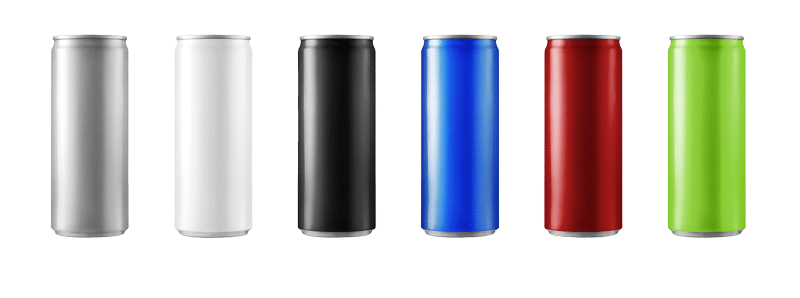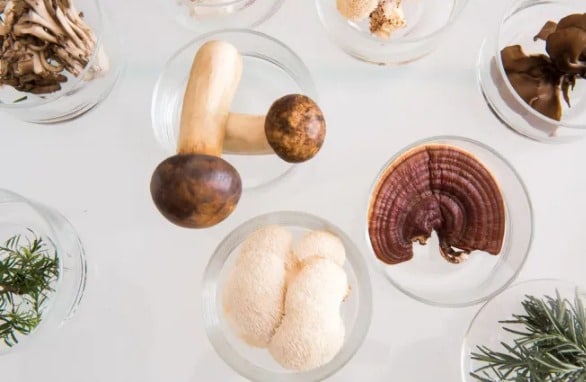Mushrooms have long been used for their medicinal properties, and recent scientific research is starting to uncover the mechanisms behind their health benefits. We’ll explore the science behind the anti-inflammatory and immune-boosting effects of mushrooms, including the compounds responsible for these effects and how they work in the body.
What are Medicinal Mushrooms?
Medicinal mushrooms are fungi that have been used for their health-promoting properties for centuries, with the earliest mentions in texts from ancient Egypt. They are rich in polysaccharides, long chains of sugars that have immune-boosting effects. Some examples of medicinal mushrooms include reishi, shiitake, and cordyceps.
The Anti-Inflammatory Effects of Mushrooms
Inflammation is a natural response of the immune system to injury or infection. It is characterized by swelling, redness, and pain, and is an important part of the healing process. However, chronic inflammation can contribute to the development of various diseases, such as arthritis, asthma, and heart disease.
The polysaccharides in medicinal mushrooms have been shown to have anti-inflammatory effects. In animal and cell studies, they have been shown to reduce inflammation by inhibiting the production of pro-inflammatory cytokines, which are signaling molecules that mediate the immune response.
For example, a study published in the Journal of Ethnopharmacology found that a water extract of reishi mushrooms reduced inflammation in rats with induced arthritis. Another study, published in the journal Phytotherapy Research, found that a hot water extract of shiitake mushrooms reduced inflammation in human colon cells.
The Immune-Boosting Effects of Mushrooms
The polysaccharides in medicinal mushrooms have also been shown to have immune-boosting effects. They stimulate the production of immune cells and increase the activity of white blood cells, which helps to protect against infections and diseases.
For example, a study published in the journal Mycobiology found that a hot water extract of reishi mushrooms increased the production of white blood cells in mice. Another study, published in the Journal of Alternative and Complementary Medicine, found that a supplement containing a blend of medicinal mushrooms improved the immune function of healthy volunteers.
In addition to polysaccharides, medicinal mushrooms also contain other compounds that have immune-boosting effects. For example, cordyceps mushrooms contain cordycepin, which has been shown to stimulate the immune system in animal studies. Shiitake mushrooms contain lentinan, which has been shown to have immune-stimulating effects in humans.
How to Incorporate Medicinal Mushrooms into Your Healthcare Routine
There are many ways to incorporate medicinal mushrooms into your healthcare routine, including:
- Taking supplements: Medicinal mushroom supplements are widely available in the form of capsules, powders, and tinctures. These can be an easy and convenient way to get the benefits of medicinal mushrooms on a daily basis.
- Adding them to your diet: Medicinal mushrooms can also be incorporated into your diet by using them in cooking. Shiitake mushrooms, for example, have a delicious, savory flavor and can be used in a variety of dishes, including soups, stir-fries, and pasta sauces.
- Using them in traditional remedies: Many traditional cultures have used medicinal mushrooms as part of their healthcare routines for centuries. For example, reishi mushrooms are often used in Chinese medicine to promote calmness and relaxation.
What is your favourite way to add mushrooms to your diet? Tell us about it in the comments below.


